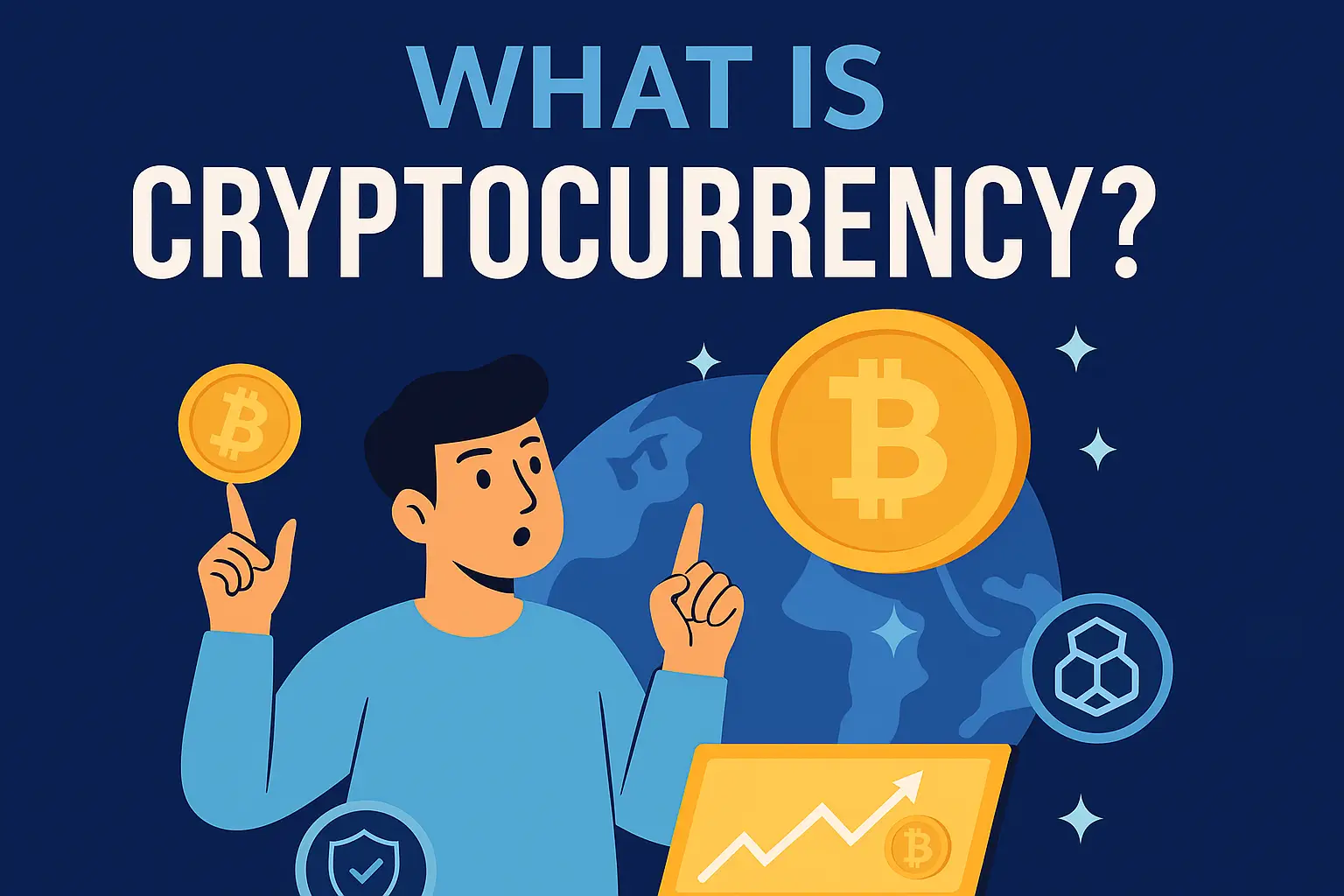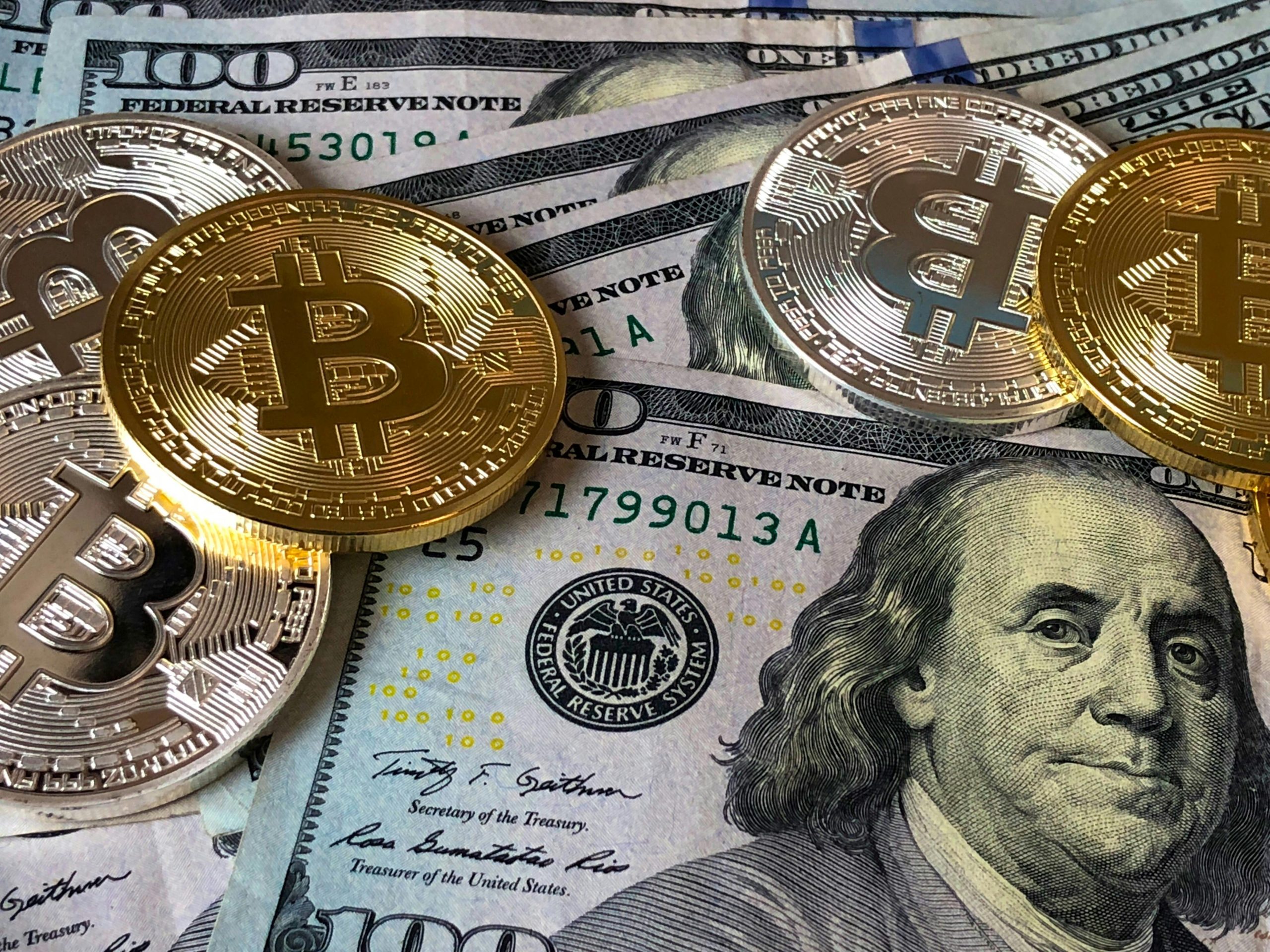Understanding the New Age of Money
Ever asked yourself what people are talking about when they talk about Bitcoin or crypto?
Cryptocurrency is merely virtual currency that does not require banks or governments to operate. It is all digital and is encrypted by secured by cryptography, and is powered by a technology known as blockchain.
In Simple words
Cryptocurrency is internet age money, which is fast, borderless, and transparent.
What is Cryptocurrency?
Crypto is simply a short-form of cryptography (secret or secure stuff) and currency is money. It is a type of money that is digital and has to be encrypted to regulate the creation and movement of coins.
Unlike paper money, cryptocurrencies:
- Exist only in digital form
- Not regulated by any government or bank.
- Can be relayed directly between individuals via the internet.
The most popular are Bitcoin (BTC), Ethereum (ETH), Litecoin (LTC) and Ripple (XRP).
How Does Cryptocurrency Work?
Blockchain technology is at the heart of any cryptocurrency a publicly available digital registry that records all transactions. Just imagine that it is a huge notebook that everybody can read, but nobody can erase or edit. That’s the blockchain!
Each time one sends or receives crypto:
- The transaction is verified by computers (miners or validators).
- The validated information becomes a part of the “chain” as a block.
- When added it becomes permanent and enlightened.
It implies that there is no need of the banks or middlemen, it makes transactions more open, faster and cheaper.
Why are Cryptocurrencies Valuable?
Similar to gold or cash, crypto can be considered as valuable as people believe it to be, and can be used to replace items with the agreement of the people.
The following are some of the reasons why it is important:
- Limited Supply: A majority of coins (such as Bitcoin) have a limit on the number of tokens that can be in existence.
- Decentralization: There is no one boss that has everything and hence it is more difficult to corrupt or inflate.
- Utility: An entire ecosystem, application, and smart contracts run on a single coin often – Ethereum is one of the most successful.
- Adoption: The greater the number of companies and folks adopting it, the larger its real-world demand will be.
Centralized and Decentralized Systems.
The traditional system has a bank or payment platform and they control your money. In crypto, the control is taken over by you.
- Centralized: It is operated by a single company or government. Sample: Your PayPal or bank account.
- Decentralized: User transactions are verified by a global network of users, and therefore, there is no central node that can fail.
It is so that you can transfer money directly to anybody, anywhere, without having to wait until the bank grants you permission.
Why Do People Use Cryptocurrency?
People get addicted to crypto because of a number of reasons:
- Investment: It is viewed by many as digital gold or the new means of expanding money.
- Quick Payments: You can send cash all over the world in seconds.
- Privacy: Privacy does not mean spilling your beans.
- Innovation: NFTs, DeFi, and the metaverse all are based on crypto.
Yet all this is not only about the cash it is also about freedom and technological advancement.
Advantages and Disadvantages
Advantages
- International Accessibility: Every person has access to the internet.
- Minor Charges: The international remittances are cheap.
- Transparency: All the transactions are publicly recorded.
- Ownership: You are the owner of your digital wallet, no intermediary.
Disadvantages
- Price Volatility: The prices of cryptos are subject to volatility.
- Frauds & Hacks: There are counterfeit projects and phishing.
- No Refunds: Once a transaction has been sent, it is impossible to reverse it.
- Uncertainty in Regulations: Regulations vary with each country.
Is Cryptocurrency Safe?
Crypto has multi-layers encryption and blockchain, which is difficult to crack. Nevertheless, the security of your crypto will be determined by the manner in which you hide and protect it.
Always:
- Use trusted wallets and exchanges
- Enable two factor authentication.
- Keep your private keys to yourself.
You can imagine your private key as your top secret password to all your money, forget it, and these coins will be lost forever.
Applications of Cryptocurrency in real-life
Cryptocurrency is no longer a thing of technology lovers. It’s being used for:
- Online Shopping: There are many stores that accept Bitcoin and stable coins.
- Remittances: Cheaper global transfers
- Gaming & NFTs: Buying digital assets and collectibles
Tesla, PayPal, and Microsoft, even such giants, have tried or taken crypto payments.
The Future of Cryptocurrency.
Experts believe that it is only in its infancy. The crypto space continues to expand as governments, banks and companies explore digital currencies and legislation.
Future cool stuff to watch:
- Central Bank Digital Currencies (CBDCs)
- More environmentally friendly blockchain networks
- Big data in e-commerce and metaverse.
It could be that you are an investor, a student, or a tech fan, but regardless of it, crypto is probably going to change the way we spend money in the future.
Conclusion: A New Way of Thinking about Money
Crypto is not just the new trend but it is a game changer of what value is and how we transfer it around.
It puts people in charge of their own money, allows them to trade on a global scale, and allows us all to be members of an open digital economy.
As you continue learning, remember this:
Always do your research, understand the risks, and never invest more than you can afford to lose.
Welcome to the world of digital currency and financial freedom!






